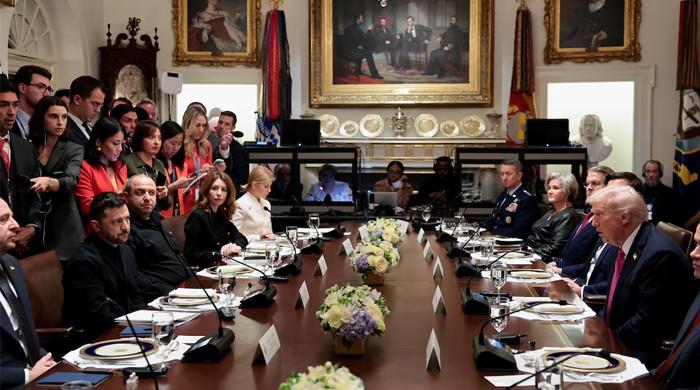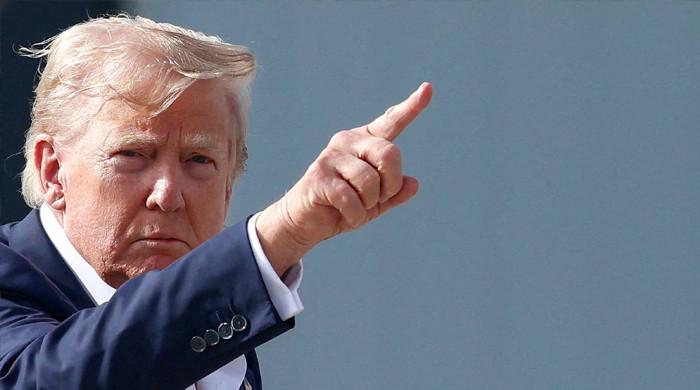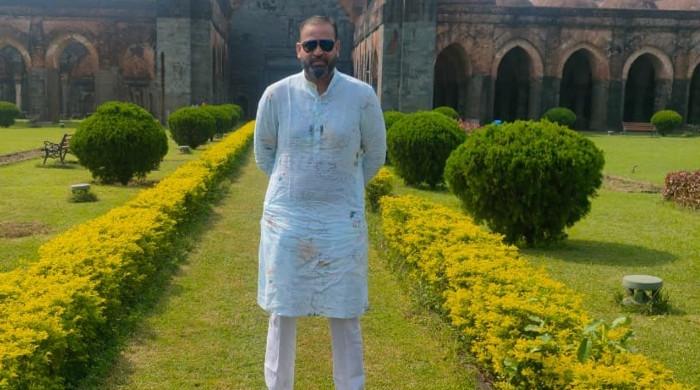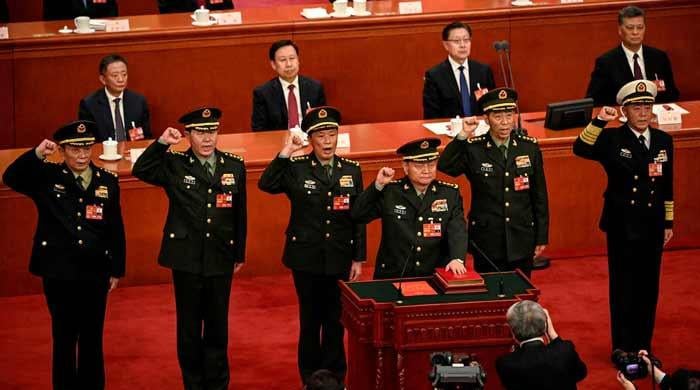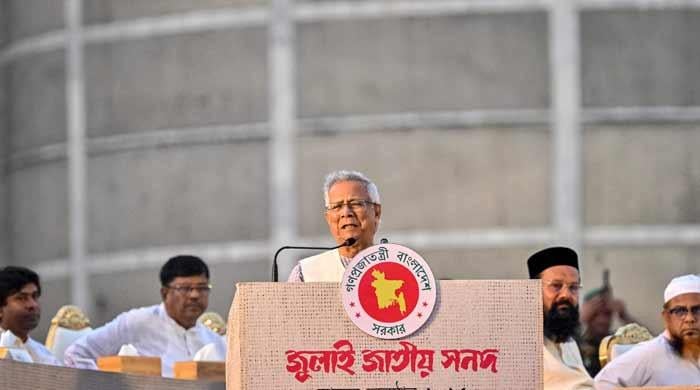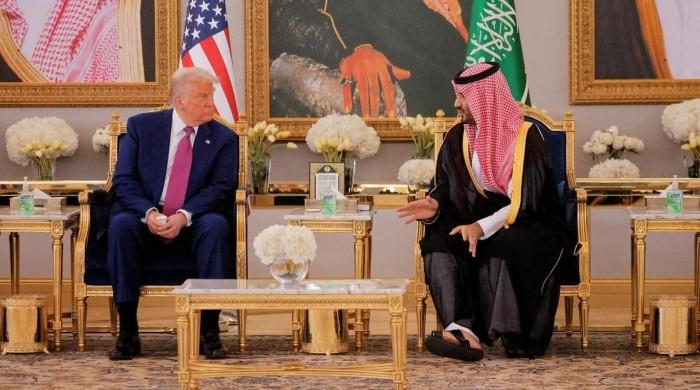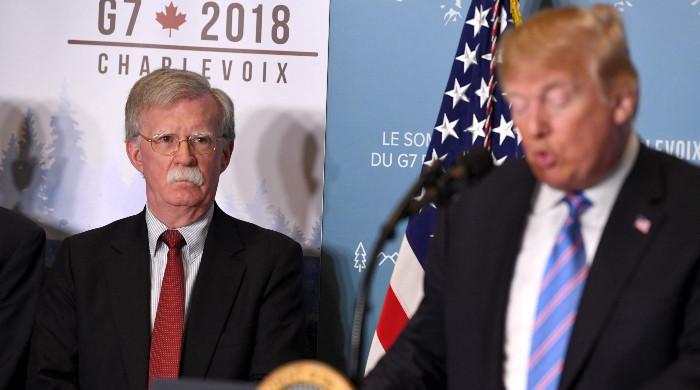EU-India Summit: Concern expressed over Modi govt's citizenship amendment bill
"Indian Supreme Court is reviewing the decision [...] We trust Indian institutions," says EU Council President Charles Michel
July 15, 2020
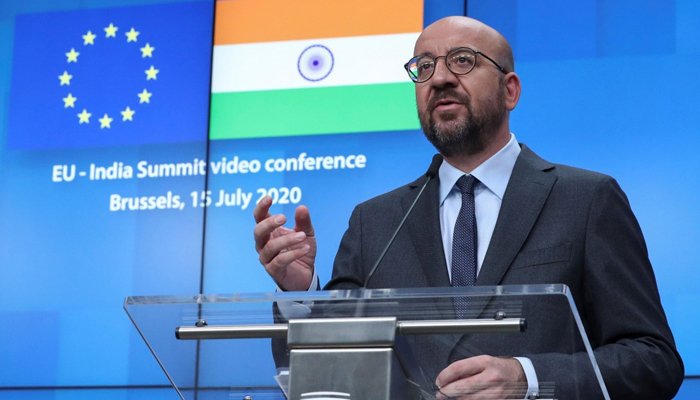
The European Parliament is concerned over India's Citizenship Amendment Bill, President of the European Council Charles Michel said Wednesday following the 15th EU-India Summit.
Addressing a press conference alongside European Commission President Ursula Von der lin, Michel said that they had raised the matter of India's citizenship bill earlier as well.
"Indian Supreme Court is reviewing the decision [...] We trust Indian institutions," Michel said.
Michel said the EU wanted to play a "stronger role" in changing the balance of power in Asia and the world as Europe and India share the "common value of democracy". "Today's meeting will further this goal," he added.
Responding to a question on which country was a better strategic partner, he said: "Both — India and China — are important to us."
The EU Council's president noted that the EU is India's biggest trade partner. While India's share in the EU's imports stands at 2%, Michel believes that it has the potential to grow.
On the other hand, Von der lin expressed happiness over the fact that 6,000 European companies were operating in India.
"Europe and India are two major democratic partners which are cooperating with each other on various issues of the world," she said.
Earlier, at the EU-India Summit, the two sides discussed issues related to climate change, nuclear energy for peaceful purposes, computer science, data protection, maritime security and cooperation, global peace and security, terrorism, radicalism, and counter-terrorism and human rights issues.
Both sides agreed to cooperate in developing a vaccine for COVID-19. It was decided to set up a high-level trade and investment dialogue committee that will propose measures to further enhance trade between the two sides and work on the Free Trade Agreement in the future.
The FTA negotiations have been stalled for many years due to a tariff disagreement between India and the EU. At the moment, India doesn't want to sign the deal because it will reduce 3% of the Indian trade with the EU.
Meanwhile, Europe and India have renewed their existing agreement on cooperation in science and technology for another five years.




